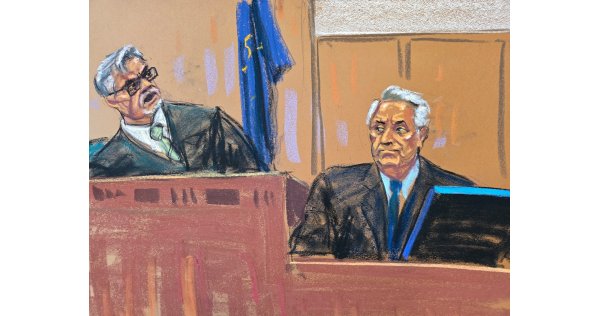A Texas district court judge ruled Wednesday that a new state law aimed at preventing cities from imposing local rules on a wide range of issues, including requiring rest breaks for construction workers, is unconstitutional and sided with the leaders of Houston, San Antonio and other Texas cities in challenging the law.
ImageConstruction workers rest in the shade of their trailer during a dangerous heatwave in Austin, Texas, in June.
For The New York Times, Matthew Busch's Why It Matters: The law was part of the fight for control of Texas.
The law, known as House Bill 2127, was due to go into effect on Friday.
This year's passage was among the most aggressive steps taken by the Republican-dominated Legislature to assert control over the state's increasingly progressive, Democratic-led cities.
The law would prevent cities from enacting regulations, including those affecting labor, agriculture and natural resources, and was expected to override existing laws on everything from sanitation rules to regulating dog mills.
It has been labeled the \Death Star\ by its Democratic opponents because of its sweeping influence on cities' powers to regulate themselves.
After the passage of the law, the law gained national attention because it would have struck ordinances requiring periodic rest breaks for construction workers in Austin and Dallas — an amendment passed while the state was experiencing a series of caustic heat waves.
At a news conference Wednesday, Houston Mayor Sylvester Turner called the judge's decision a \tremendous victory\ for the people of Houston and other cities around Texas.
City leaders did not.
The National Federation of Independent Businesses, Republican lawmakers and business groups such as Gov.
Greg Abbott have backed legislation they call the Regulatory Consistency Act as a means of streamlining regulations and preventing companies from having to comply with different regulations in different parts of the state.
Labor groups, city leaders and Texas Democrats have objected to it as a means of usurping local control at a time when cities in Texas are becoming increasingly progressive and adopting greater protections for workers and tenants.
In July, the City of Houston, joined by San Antonio and El Paso, filed a lawsuit against the State of Texas, arguing that the law was overly broad and violated provisions of the State Constitution that give cities the power to set their own rules.
City leaders said that because of the law's extensive language, they have not determined exactly which of its rules will be avoided by the measure and which will still be enforceable.
Travis County judge Maya Guerra Gamble, who heard the case in Austin, found the law to be \wholly unconstitutional\ and granted the cities' motion for summary judgment on Wednesday.
The Texas attorney general was expected to appeal the decision.
The case could eventually end up on the State Supreme Court, all nine of whose members are Republicans.
David Goodman is the Houston bureau chief covering Texas.
Since 2012, he has written for The Times about the government, criminal justice and the role of money in politics.




